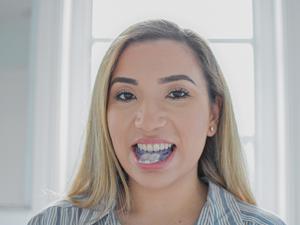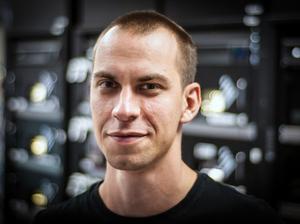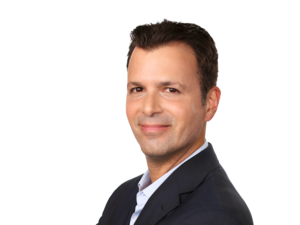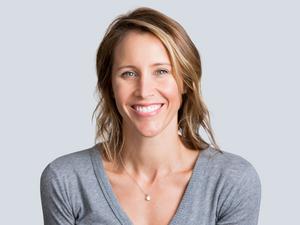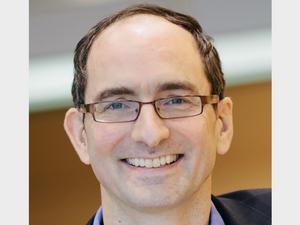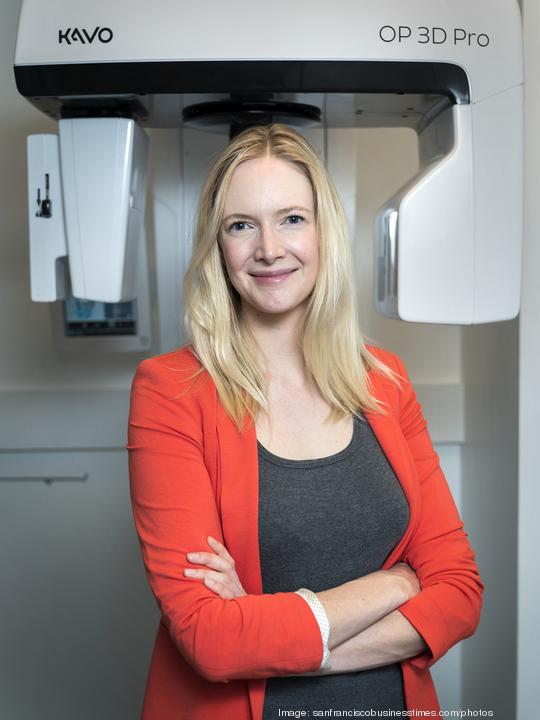
The multi-year process of straightening your teeth shouldn't take so long, require so many visits to the orthodontist and cost so much money, says Meghan Jewitt.
Now her venture-backed San Francisco company, Uniform Teeth, is looking to take a bigger bite of the teeth-straightening market by expanding beyond 11 offices in its initial markets of San Francisco, Chicago and Seattle.
"The next wave is going to be multiple markets," said Jewitt, the company's CEO since she, orthodontist Kjeld Aamodt and software developer and consultant Henry Stewart started the company in fall 2017.
Jewitt, a biomedical engineer trained at Columbia University with an MBA from Harvard, had left a job overseeing 14 DaVita dialysis centers in Oregon and Northern California when she stalked Aamodt, then director of predoctoral orthodontics at UCSF Medical Center, on LinkedIn.
"I always like to chat with people who are doing interesting things" in health care, she said. "It's difficult to find exceptional clinical cofounders."
Aamodt told Jewitt about his vision for orthodontics. Instead of manually bending wires like many old-school orthodontists do, he thought a company could combine advances in aligners and new forms of brackets with artificial intelligence-based models to construct a treatment plan based on a prediction of how a patient's teeth would shift.
"We can build something special, like One Medical," Jewitt said.
That isn't an empty corporate boast: Jewitt was director of operations in 2011-13 at One Medical, where she was part of the San Francisco-based primary care group's emergence. One Medical has since grown to nearly 30 markets and more than 715,000 members, including the addition last summer of Iora Health via a $2.1 billion acquisition.
This is Jewitt's first CEO job; Aamodt now is Uniform Teeth's chief orthodontist.
Uniform Teeth, with 100 employees, has pocketed $14 million in all from Canaan Partners, Refactor Capital, Peter Thiel's Founders Fund, Slow Ventures and others, but it hasn't disclosed any funding since a 2019 raise of $10 million.
Jewitt did not say if the company currently is raising money.
Any additional funding would help with Uniform Teeth's plan for a wave of 30 company-owned orthodontist offices over the next 1-1/2 years. It currently has six of its own offices and five with partners — in the Bay Area, for example, it has two offices in San Francisco and partners with Oakland Green Dental, Oaktown Dental in Oakland and Smilecraft-Redwood City.
Going forward, its dental partnerships will "selectively increase," Jewitt said.
"By having our own locations, we can design and control the look and feel of every aspect of the experience," Jewitt said.
But Uniform Teeth if far from alone — crowded teeth have created a crowded market. First-year dental school enrollments in 2020-21 hit at least a 10-year high, according to the American Dental Association, and the 391 graduates of orthodontics programs in 2020 were the most recorded in at least 30 years, according to the Health Policy Institute.
Meanwhile companies such as SmileDirectClub and Fremont-based OrthoFX have made it easier for patients to be fit for aligners — a transparent form a braces — with minimal in-person appointments with an orthodontist.
Uniform Teeth faced a lawsuit last year by Align Technology Inc., the maker of the Invisalign aligner brand that originated in a Stanford University computer lab, for marketing its aligners as equal to Invisalign's. The lawsuit, filed in U.S. District Court in Seattle, was stayed last June pending mediation, but there has been no update on the suit.
The law firm for Tempe, Arizona-based Align Technology (NASDAQ: ALGN) said it had no comment on the suit; Uniform Teeth did not immediately answer when asked about the status of the case.
While competitors' direct-to-market models are fine for patients who need a relatively simple shift of their teeth, Jewitt said, Uniform Teeth's business model and technology mean its orthodontists can see fewer patients longer.
Uniform Teeth's doctors see about 16 patients a day for up to 20 minutes each, compared to 80-100 patients in a traditional practice, Jewitt said. The key, she said, is patented treatment planning software that combines 360-degree X-rays and 3-D scans to create a model from tip of tooth to root that predicts how its 3-D-printed aligners will tip and angulate teeth.
Most aligner brands don't look down to the roots, she said, so Uniform Teeth's treatment plan translates into as few as four visits over six months.
After an initial visit, the company's aligners are mailed a few weeks later. Through a smart-phone app, instead of physical appointments, the movements of the teeth are monitored.
The cost? From $2,990 for simpler work to $4,550 for "tough stuff," Jewitt said.
"A lot of movements are actually quite predictable if you understand the shape of the tooth and the root and the density of bone in the jaw," Jewitt said. "It allows us to be more predictive and know where to apply the force to get that movement."
